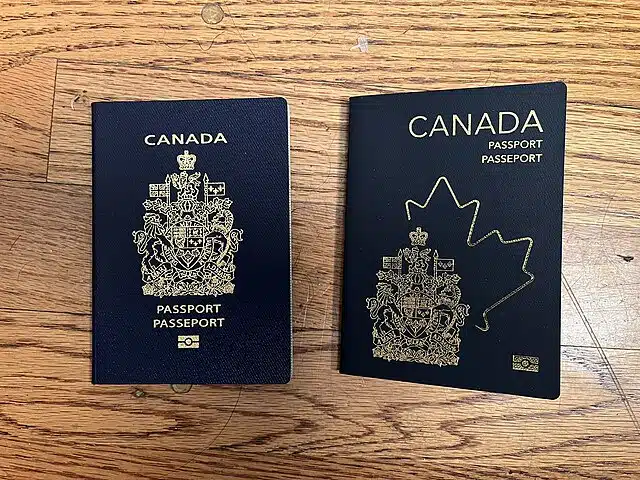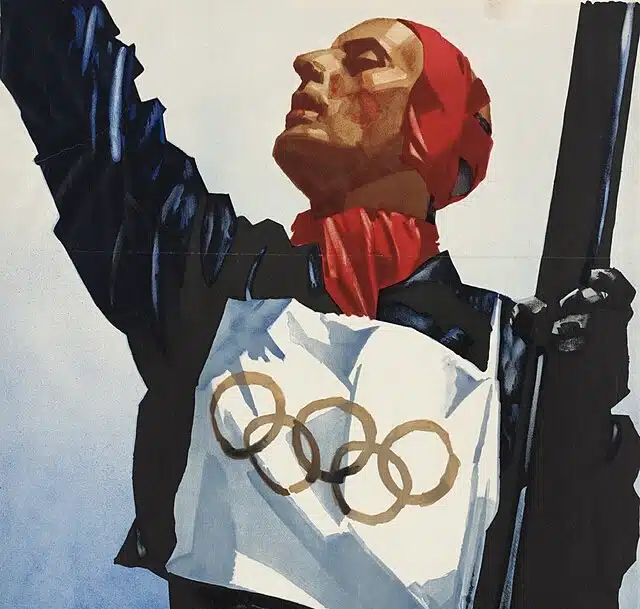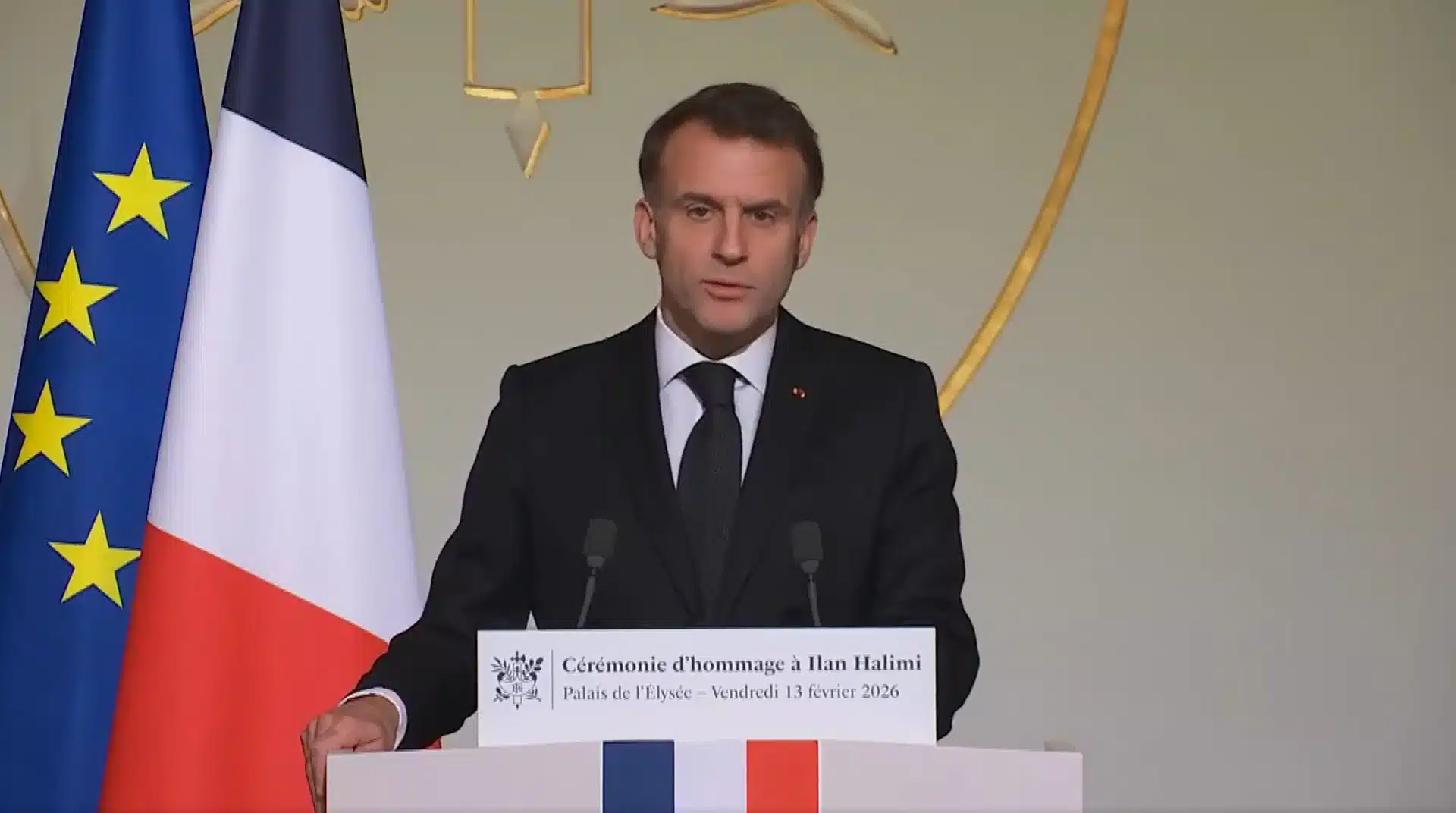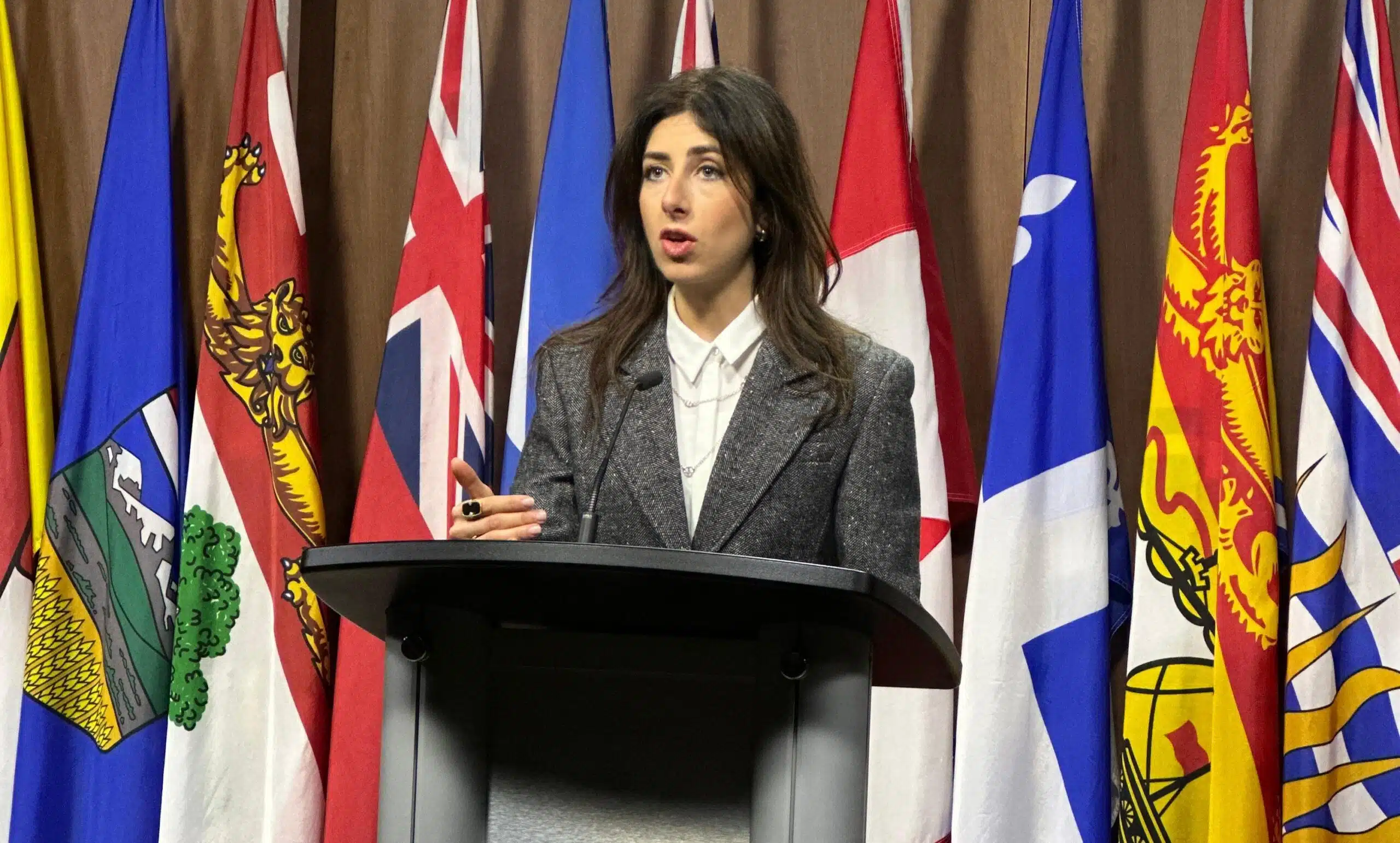|
Getting your Trinity Audio player ready...
|
A Canadian-Israeli citizen says Canadian officials blocked her from listing Israel as her birthplace while renewing her Canadian passport this week.
The case, which the woman, Anastasia Zorchinsky, shared publicly on Thursday — the day after the incident occurred — raised immediate legal and human rights concerns. It also exposed confusion inside Canada’s governmental bureaucracy following the country’s recent recognition of a Palestinian state.
Shock at the Passport Office
In a video posted online, Zorchinsky said a passport agent told her that “Israel” could not appear as her country of birth next to her city of birth, Kfar Saba. After Zorchinsky asked why, the agent told her “because of the political conflict.”
The employee described the restriction as a “new policy applied by the Canadian government.”
According to Anastasia, the agent explained that Canada’s recognition of a Palestinian state now allowed people from several cities in Israel to list “Palestine” instead.
A Canadian Passports employee told me they can not write Israel as my birth country. These are the clear consequences of the current government and leadership in power. Thank you @NeilOberman for supporting me and for your fight for truth and patriotism. pic.twitter.com/ffhCSbKujM
— Anastasia (@nastizor) November 13, 2025
The cities mentioned were Nablus, Jenin, Ramallah, and Jerusalem.
Ultimately, because her city of birth is Kfar Saba, which is indisputably inside Israel, authorities allowed her to place Israel as her birth country. She explained, however, “It’s clear discrimination. Clearly, these are the consequences of the leadership and the government that we have here in Canada,” adding that she “really doesn’t want this to happen to anyone else, no matter where they were born, no matter where they’re from, and no matter who they are.”
Legal Expert: “No Law Supports This”
Zorchinsky’s lawyer, Neil Oberman, condemned the situation in a letter and in comments posted to X. He claimed: “No law supports this. No regulation authorizes it. No democracy should tolerate it,” adding, “Passports are not political documents. They are instruments of identity and equality before the state” and that “Canada must do better.”
Our client, a Canadian citizen, was told that her place of birth—Kfar Saba, Israel—could not appear on her passport “because of the political conflict.”
No law supports this.
No regulation authorizes it.
No democracy should tolerate it.
Passports are not political documents.… pic.twitter.com/q5UERBeoVK
— Neil G. Oberman (@NeilOberman) November 13, 2025
Context: Canada’s Recognition of “Palestine”
The incident occurred soon after Canada recognized the “State of Palestine” at the UN General Assembly in September. The United Kingdom and Australia announced similar positions at the same session.
Israel’s Prime Minister’s Office condemned Canada’s move. It called the decision “an absurd reward for terrorism.”
Canadian Prime Minister Mark Carney defended the recognition. He said Canada supported “self-determination and fundamental human rights” and offered its “partnership in building the promise of a peaceful future for both the state of Palestine and the State of Israel.” Carney also noted that recognition was not a solution on its own but aligned with Canada’s long-standing policy positions.
Growing Questions Demand Immediate Answers
Zorchinsky’s case has now raised broader questions about how government employees are applying the recognition decision. If passport officials are enforcing rules with no legal basis, citizens may face unequal treatment and politicized decisions about their identity.
The implications for Jewish Canadians are especially serious. A citizen born in Israel must be able to list her birthplace accurately, and any interference with that right becomes yet another attempt to delegitimize the Jewish state. Any deviation from this principle risks turning identification documents into political tools.
Canada must now explain whether the passport agent misunderstood the policy, acted without guidance, or followed an undisclosed instruction. Each possibility demands scrutiny, as well as swift correction.
Take Action
CAM has launched Report It — a secure app to report antisemitic incidents anonymously and in real time. Don’t stay silent — download it today on the Apple Store or Google Play. See it. Report it. Stop it. Together, we can fight this hate.









